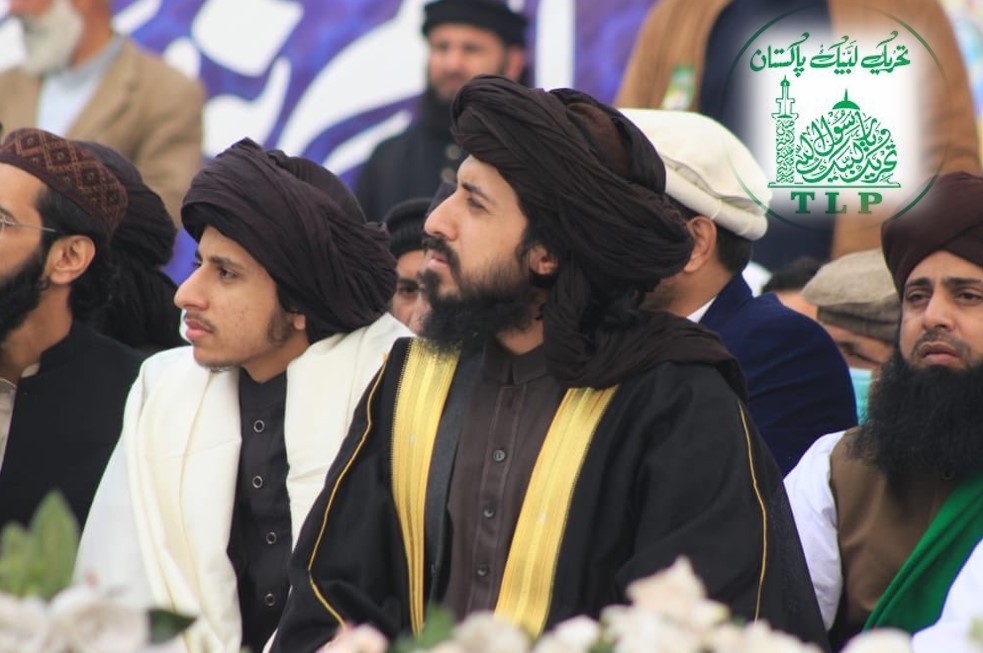
TLP – The New Face of Militancy in Pakistan
Wed, 09 Jun 2021 | Reading Time: 7 minutes

TLP – The New Face of Militancy in Pakistan
Pakistan, as a nation-state, in the first two decades of the twenty-first century, remained predominantly engaged in efforts to correct its path for a better future. The Pakistani state and society had to bear the price of radicalization and the advent of Jihadi culture, which were cultivated during and after the cold war. Some Arab states and Americans helped Pakistan to prop up the Wahabi brand of Islam during the Cold War. Pakistan’s struggle against militant Islamists was against this school of thoughts, which manifested in the shape of Al-Qaida, The Islamic State (IS), Tehreek e Taliban of Pakistan (TTP) and other groups.
Pakistan’s religious-political landscape remained occupied with the presence of Wahabi and Deobandi school of thoughts. However, the Sunni Barelvi school of thoughts remained dormant. Barelvi movement is an offshoot of the nineteenth-century Sufi school of thoughts. Barelvi Islam is known as ‘soft Islam’ and during the peak of the war against terrorism, many Muslim countries and Western states wanted Barelvis to be promoted as soft Islamists. But this could not happen because of the strong influence of some Arab states in Islamic countries and in Western policy-making apparatus. Barelvis had emerged in the Indian subcontinent, under the leadership of Ahmad Raza Barelvi in the city of Bareilly in India, in reaction to Deobandi and Ahl e Hadith.
The Sunni Barelvi philosophy took shape in the form of Tehreek e Labaik Pakistan (TLP), whom I call the “New Militants in Pakistan”. The traditional armed Islamic militants had challenged the writ of the state. These militants did not believe in Pakistan’s constitution and challenged the state and its apparatus, but the “New Militants” believe in the constitution, they contest elections and are not armed. The “New Militants” got active and had mobilized, after the assassination of former Governor of Punjab, Salman Taseer in 2011. His assassin, Mumtaz Qadri, who was his security guard was hanged in 2016. TLP organized itself as part of a movement of Tehreek e Rehai Mumtaz Qadri (Movement to Free Mumtaz Qadri). But when Mumtaz Qadri was hanged, it was transformed into Tehreek- e- Labaik Ya Rasoolullah (TLYRA), and then finally it became the TLP.
TLP gained immediate prominence due to its involvement in some controversial issues like blasphemy and could mobilize large sections of society, particularly lower-middle-class youths. TLP, the popular face of Barelvis in Pakistan found an opportunity to mobilize their workers on the basis of their Sufi identity, to make themselves relevant. TLP and Barelvis made full use of this opportunity, as Wahabis were known as hard Islamists, who tarnished the image of Islam with militancy and terrorism. Although TLP itself is a hardline political force, it has emerged as a pressure group, that has the support of half of Pakistan’s Barelvi population. Other Barelvi parties like Pakistani Awami Tehreek, Sunni Tehreek, and Jamaat Ahle e Sunnat distanced themselves from the TLP, because they believe in reforming the blasphemy laws, as it has been misused for vested interests. On this issue of blasphemy, TLP does not believe in any form of institutional reforms or plugging any legal lacunas and thus takes a hardline stand on it.
TLP started its violence in October 2011, when former Governor Taseer was killed, as he was charged with blasphemy for supporting the Christian woman, Aasia Bibi, who was in jail. But their militant struggle of violating the law and using street protests as ‘pressure tactics’ started in 2016, when TLP protests reached Islamabad. They wanted Mumtaz Qadri to be declared a “Martyr” and his jail cell to be converted into a national heritage site. They wanted the government to assure that blasphemy laws will not be changed or amended and all those who were Ahmadis be removed from key posts in the country. TLP was Tehreek Labbail Ya Rasolullah at that time and they wanted Aasia Bibi, who was accused of blasphemy, to be punished. The government was helpless and despite written agreement, they could not convince these militant Islamists to obey the law. One of the major reasons every time the government bowed in front of them, was because of soft support for these militants from the masses.
TLP continued its politics of agitation, protests, and sit-in. In November 2017, they blocked the highway which connected Islamabad and Rawalpindi, because there were some changes in the wording of the oath, in the election bill of 2017 which came up in parliament. The government had to reverse this amendment. The TLP had blocked the capital for 21 days and the law minister of the ruling party had to resign. Government could neither control the TLP through force nor it could have a dialogue with them. Pakistan’s ‘unelected offices’ helped the government broker a deal between them and TLP, and this gave the much needed relief to the general public.
TLP continued to blackmail the state and its institutions to fulfill their demands. Threats to the Dutch Embassy in Islamabad was issued by TLP militants, because of a blasphemous cartoon competition in the Netherlands. Pakistan communicated to the Dutch Diplomatic mission in Islamabad, about a possible backlash in the country. Dutch lawmaker Geert Wilders, a member of Dutch Party of Freedom and who was planning a competition of caricatures of Prophet Muhammad (PBUH), backed away to avoid risk of violence. In 2018, Aasia Bibi, the Christian woman, was released and she went to Canada. But TLP started nationwide protests and locked down major cities of Pakistan including provincial and federal capitals.
TLP has so far remained committed only on blasphemy issues and has not protested about other issues, like Kashmir and Palestine. Continuous show of street power and weaponizing their struggle on the issue of finality of prophethood and blasphemy gave a sort of legitimacy to TLP. The party participated in the 2018 general elections and secured 2.2 million votes and emerged as the fifth largest party. However, the TLP did not go into any electoral alliance, which made Muttahida Majlis e Amal (MMA), an Islamist alliance, insecure. So, in reality, Barelvis got more votes as compared to group of six parties and also got two seats in the provincial assembly of Sindh. TLP under the charismatic leadership of firebrand cleric, Kahdim Hussain Rizvi and massive use of social media made inroads in the already conservative voter base of the Pakistan Muslim League (Nawaz) and urban areas of Sindh.
Recently, the issue of a cartoon of Prophet Muhammad (PBUH) in France, became a major challenge for the government, as TLP declared Jihad against France. TLP with its street power started pressurizing the state over comments by global leaders, particularly the French President, who supported the idea of freedom of speech for his citizens. TLP led Tahafuz Namoos-I- Rasalat took out a march in November 2020, in Rawalpindi, to block the capital of Islamabad. TLP wanted the French Ambassador to leave within three months and the government to bring a resolution in parliament. TLP also wanted Pakistan to recall its Ambassador to France. This was agreed to in an agreement between representatives of TLP and the government of Pakistan. The government had no choice but to sign the agreement, so that TLP workers and supporters could be dispersed and normalcy be restored in Islamabad and Rawalpindi.
Many called this agreement a ‘surrender document’ and also an example of how a state subdues itself in front of a militant group. The government wanted to buy time, so that they could engage and convince TLP leadership, that international agreements and diplomatic ties cannot be changed on the wishes of individuals and pressure groups.
A shock came for TLP as their leader Maulana Khadim Rizvi expired in November 2020. His son Hafiz Saad Rizvi, had a daunting task to carry forward his father’s legacy of resistance, agitations, and forcing the government to honour the agreement with TLP. The government kept engaging and convincing the party and Hafiz Saad Rizvi, but was not successful. TLP wanted to do a “Long March” towards Islamabad to force the government to expel French Ambassador, but before this, the government detained Hafiz Saad Rizvi on 12 April 2021. There were massive protests, with cities under lockdown and traffic stopped. But the government was successful to disperse them, except in Lahore.
The government banned TLP and declared them as a proscribed organization involved in creating anarchy, intimidation of the public and killing members of law enforcement agencies. The government had to ban social media across the country to stop any public protests. As violence increased, members of law enforcement agencies got martyred. The government managed to control the mainstream media and ensured that no news regarding the protests were aired. However, social media started spreading fake news, as protests in Lahore could not be dispersed.
With a fear of public backlash and losing support among the ordinary citizens, government signed yet another agreement with TLP. This agreement was to present a resolution in parliament to expel the French Ambassador. A resolution was presented in parliament, but there was no discussion on that resolution. The French felt embarrassed about this and the entire European union stood with them in a show of solidarity. So, the European Union decided to review Pakistan’s status of GSP Plus looking at rising religiosity, sectarianism and misuse of blasphemy laws.
Pakistan fought and won the war against terrorism, but fighting with religious extremist elements is still a challenge. Around 2000 religious clerics of all sects signed a document known as Paigham- e- Pakistan in 2018. This document was prepared with the support of state institutions, prominent academics of universities and religious Madrassah boards. It was agreed that war against any other state, can only be waged by the state and not individuals. Non-state actors and individuals should not involve in acts of terrorism against the state. This document also speaks of misinterpretation of Jihad and that, citizens should not disregard the national citizen charter. This means individuals and groups in the name of Islam, cannot oppose international contracts signed by Pakistan. Geographical boundaries and sovereignty of other states cannot be challenged and individuals cannot become part of transnational insurgent groups.
But then, why did TLP continue to mount pressure on the Pakistani government, to break the Vienna Convention on Law of Treaties and other international protocols? More so, when a state has sufficient legal mechanism to punish individuals and groups, who challenge the state. The answer is lack of commitment and an acute desire for short-term gains, by the existing political dispensation in Pakistan.
******************************************************************************************************************************
Author
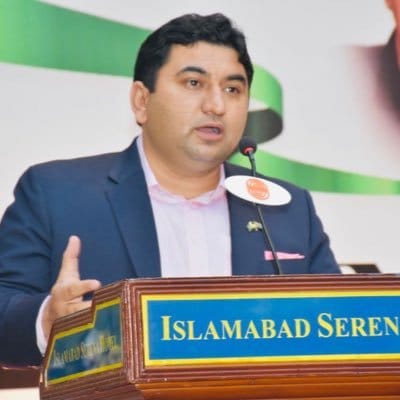
Qamar Cheema teaches international politics at a University in Islamabad. He regularly appears on National and International media as Strategic and Political Analyst.
Disclaimer
The opinions expressed in this article are the author’s own and do not reflect the views of Chanakya Forum. All information provided in this article including timeliness, completeness, accuracy, suitability or validity of information referenced therein, is the sole responsibility of the author. www.chanakyaforum.com does not assume any responsibility for the same.
Chanakya Forum is now on . Click here to join our channel (@ChanakyaForum) and stay updated with the latest headlines and articles.
Important
We work round the clock to bring you the finest articles and updates from around the world. There is a team that works tirelessly to ensure that you have a seamless reading experience. But all this costs money. Please support us so that we keep doing what we do best. Happy Reading
Support Us





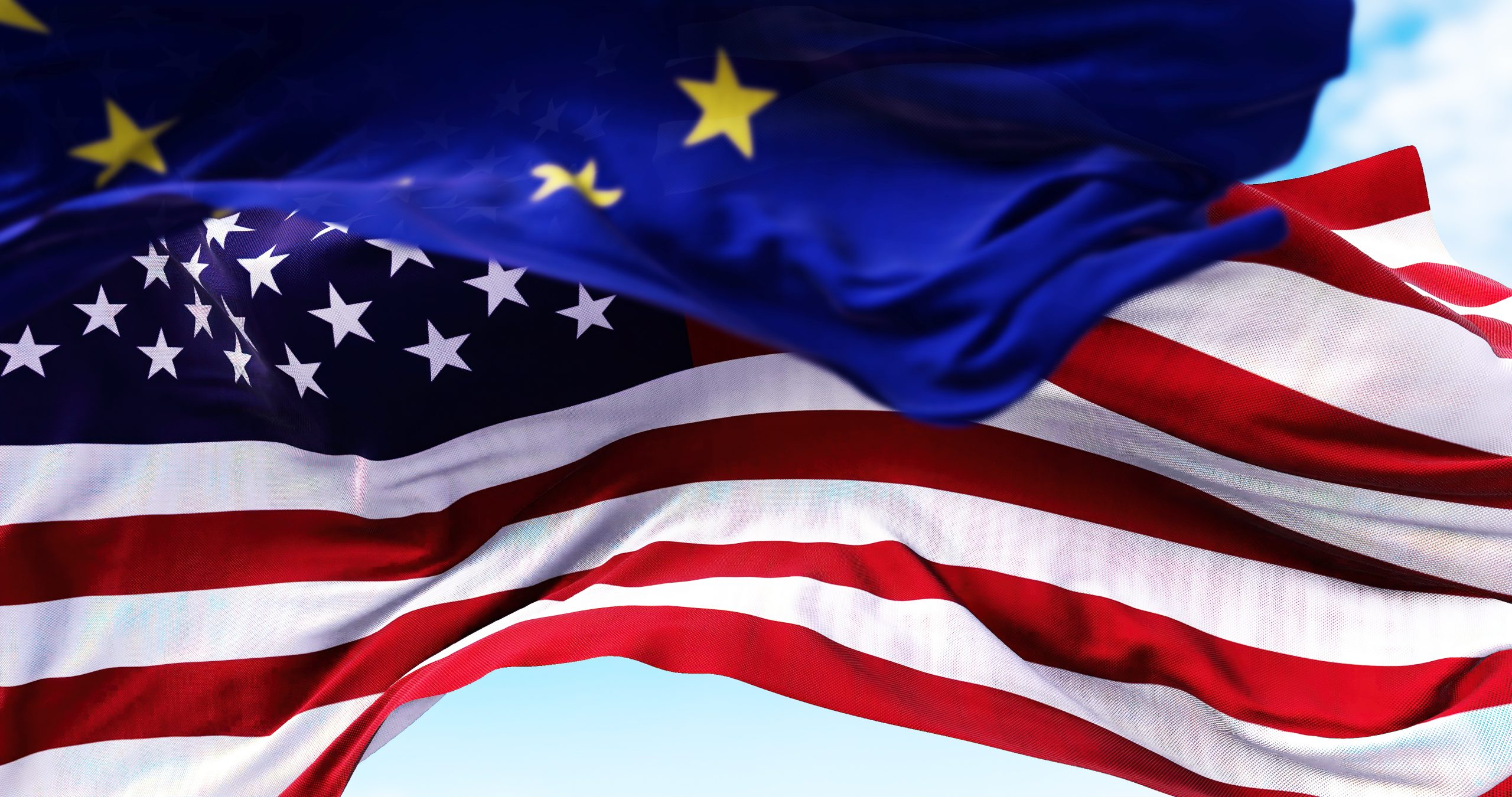
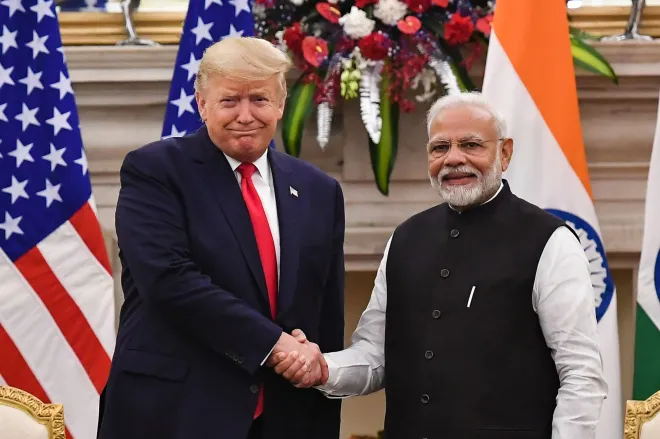
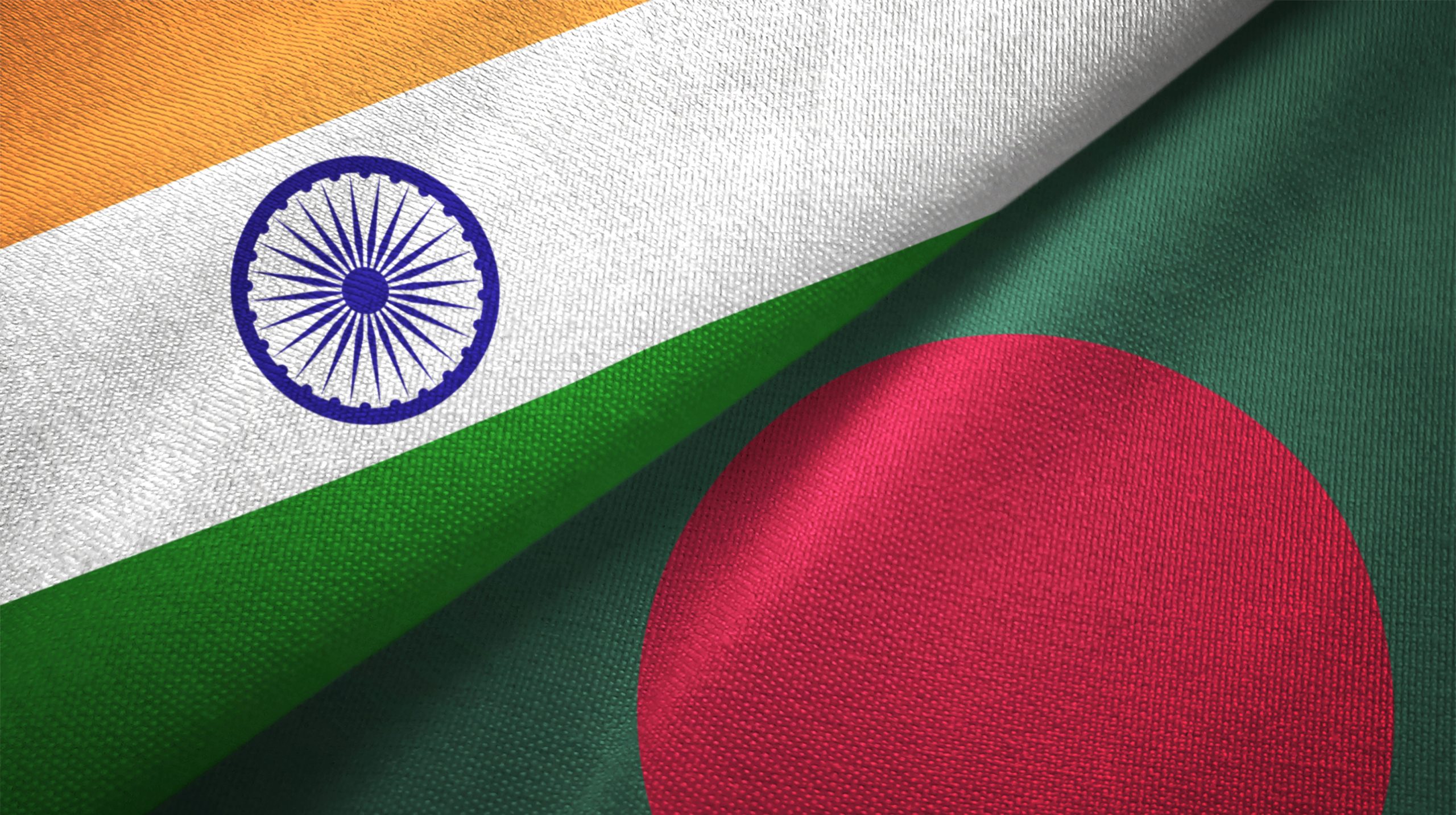
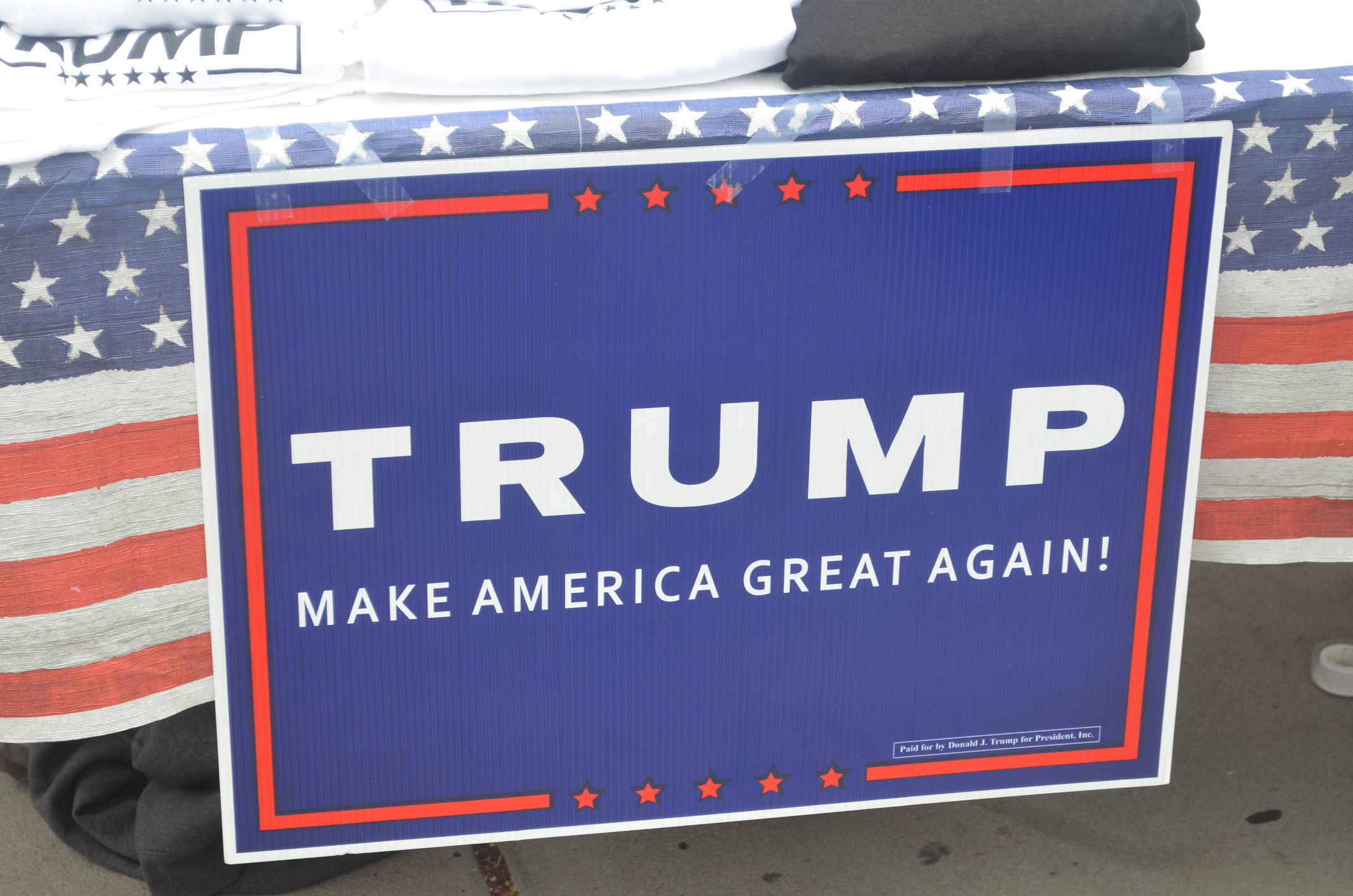
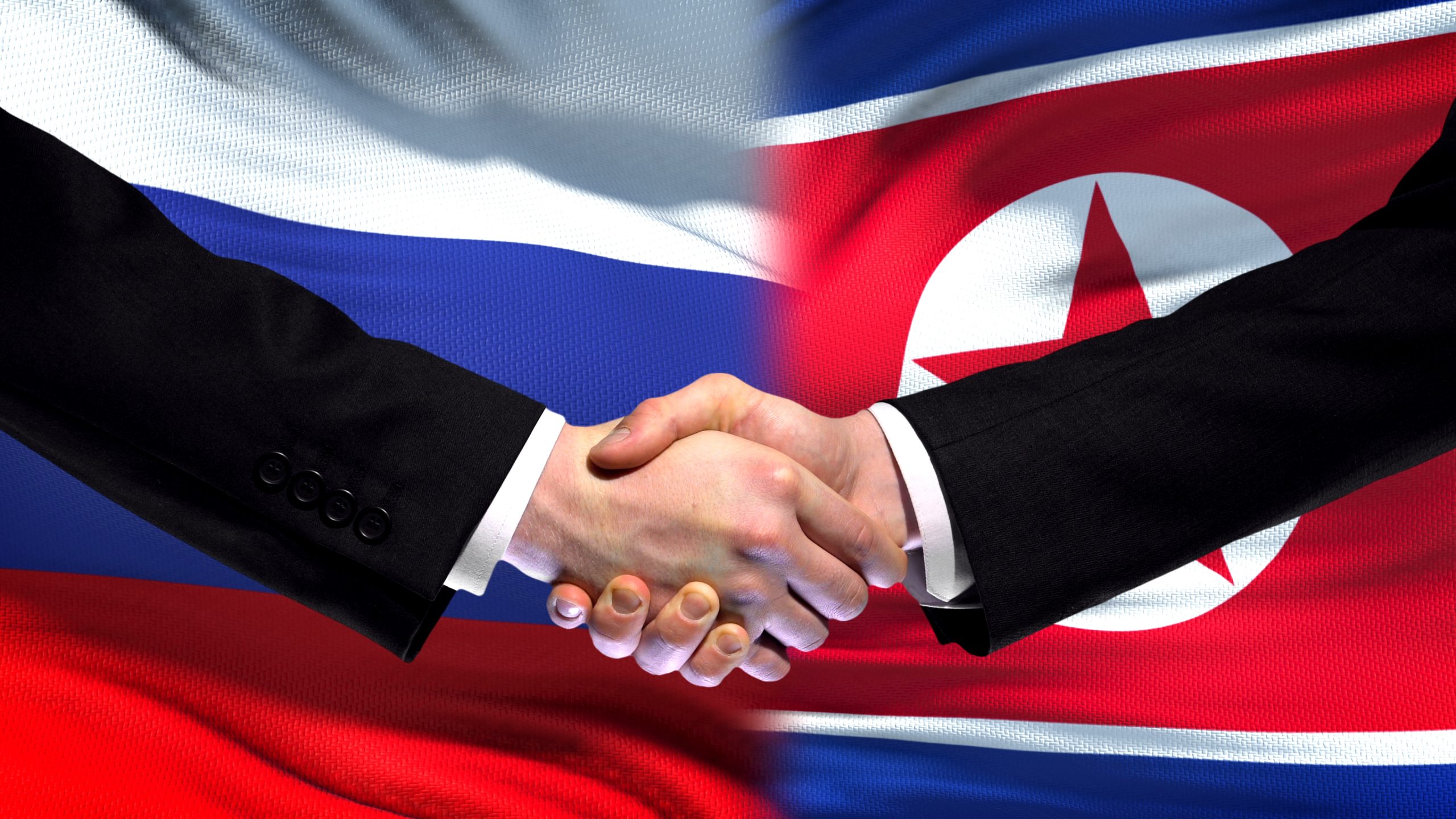
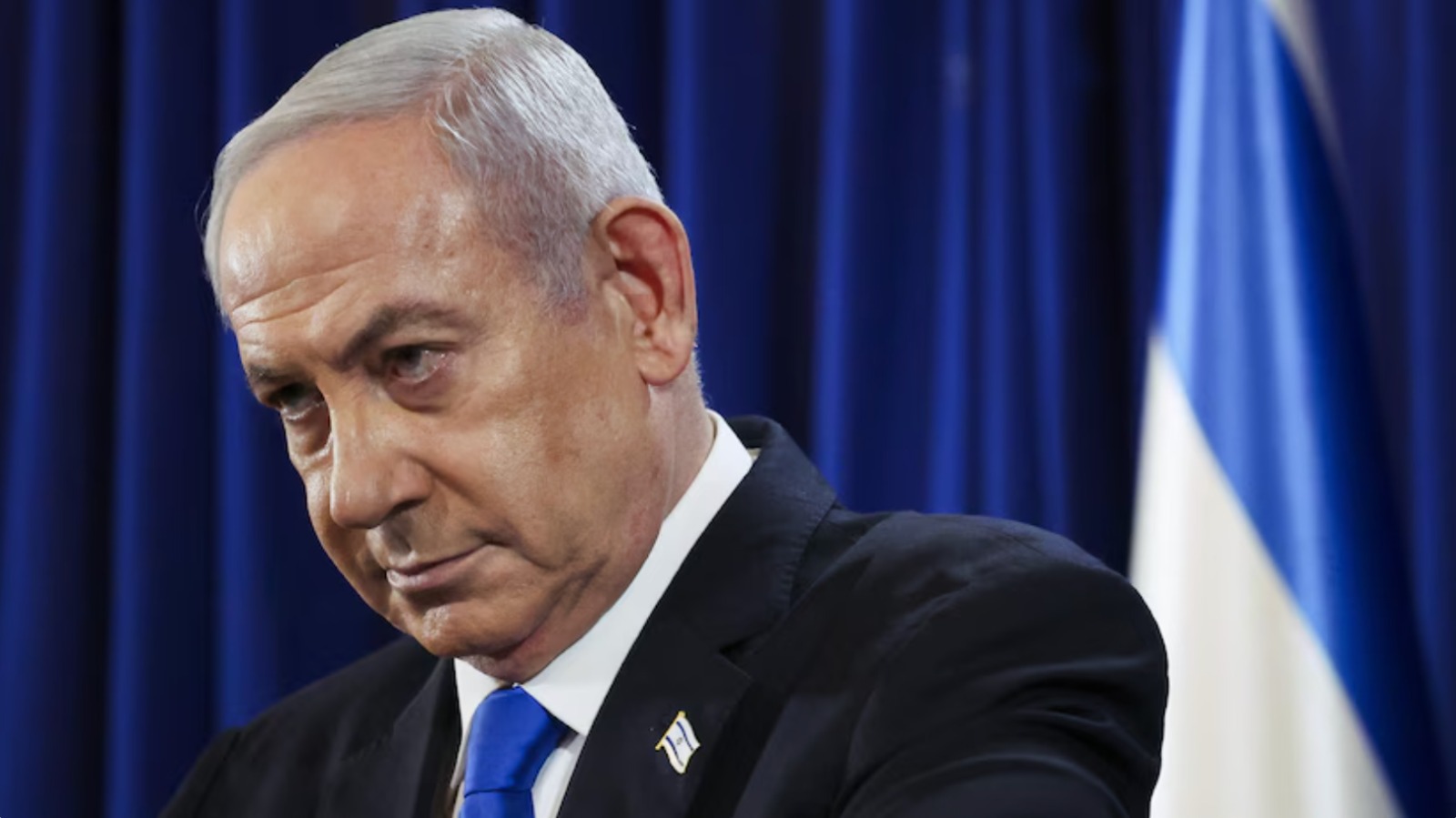


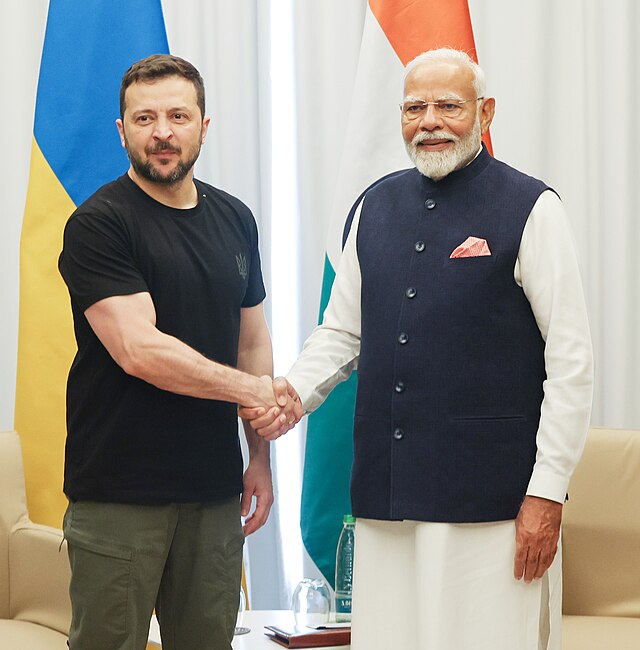






POST COMMENTS (17)
Observer
BHAVIL GOYAL
vihaan
Chandan B
tushar mitra
Aakash Singh
vinay
Poonam Dave
prateek
Sudhakar Vishwakarma
Akshat Jain
NITYA NAND JHA
Vivek Tigga
Brandon Roberts
Nicholas Almeida
GOVIND JAISWAL